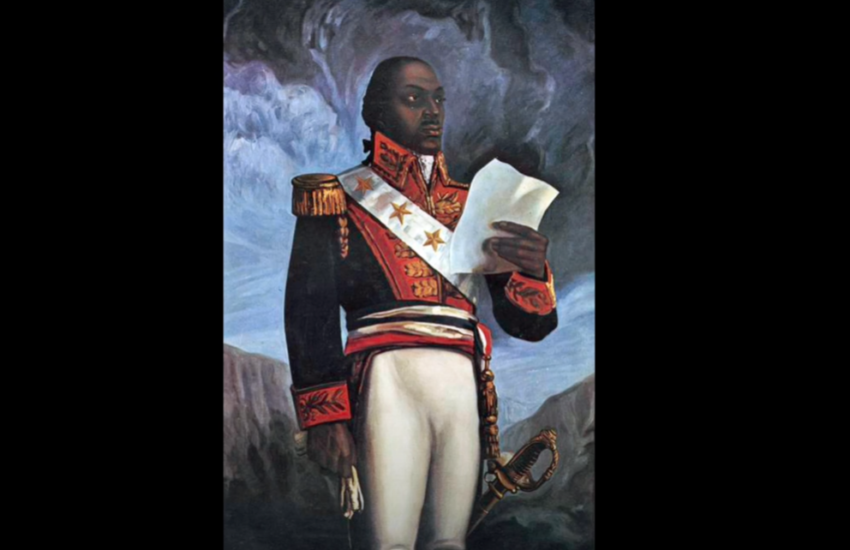In commemoration of the National Remembrance Day of Slave Trade, Slavery and Abolition in France, students in 11th-grade AP European History completed a series of projects to show the connections between the American, French and Haitian Revolutions. Dr. Arthur Plaza, who is helping to shape a new Y11 and Y12 OIB curriculum for US students this fall, tells us more, and shares the students’ work.
Students in 11th-grade AP European history study the influence of the Enlightenment on 18th-century revolutionary movements. The French and American Revolutions are classic topics of study for this time period. Little attention is often paid to the Haitian Revolution in this European history course, and yet it was one of the most successful revolts carried out by an oppressed people.
Haiti’s revolutionaries defeated Napoleon’s Army, and not many can say this! In addition, several historic figures from Haiti shaped political thought and revolutionary ideas well beyond their island nation. Adding the events in Haiti provides a fresh take on the ideas of human rights and liberties across the Atlantic World.
The Lycée has been actively working to integrate project-based learning more fully into our BFA and OIB classes that count toward the Bac. Jeff Rogers, our media integrator, and I developed an idea to create a European History Channel, that would empower our students to discover more by teaching others about the intersection of French, American, and Haitian history.
Take a look to learn more from them about this important moment in world history:
Featured image above: François-Dominique Toussaint Louverture, also known as Toussaint L’Ouverture or Toussaint Bréda, was a Haitian general and best-known leader of the Haitian Revolution.
About the Author :
Arthur Plaza holds a Ph.D in History and French Studies from New York University. He also studied at Sciences-Po and was awarded a Fulbright Fellowship to conduct research in France in 2004-2005. Part of his research was published in the collective volume entitled “Politiques de la laïcité au XXe siècle” (PUF, 2007). In addition, he has been an editorial assistant at the scholarly journal, French Politics, Culture & Society.


